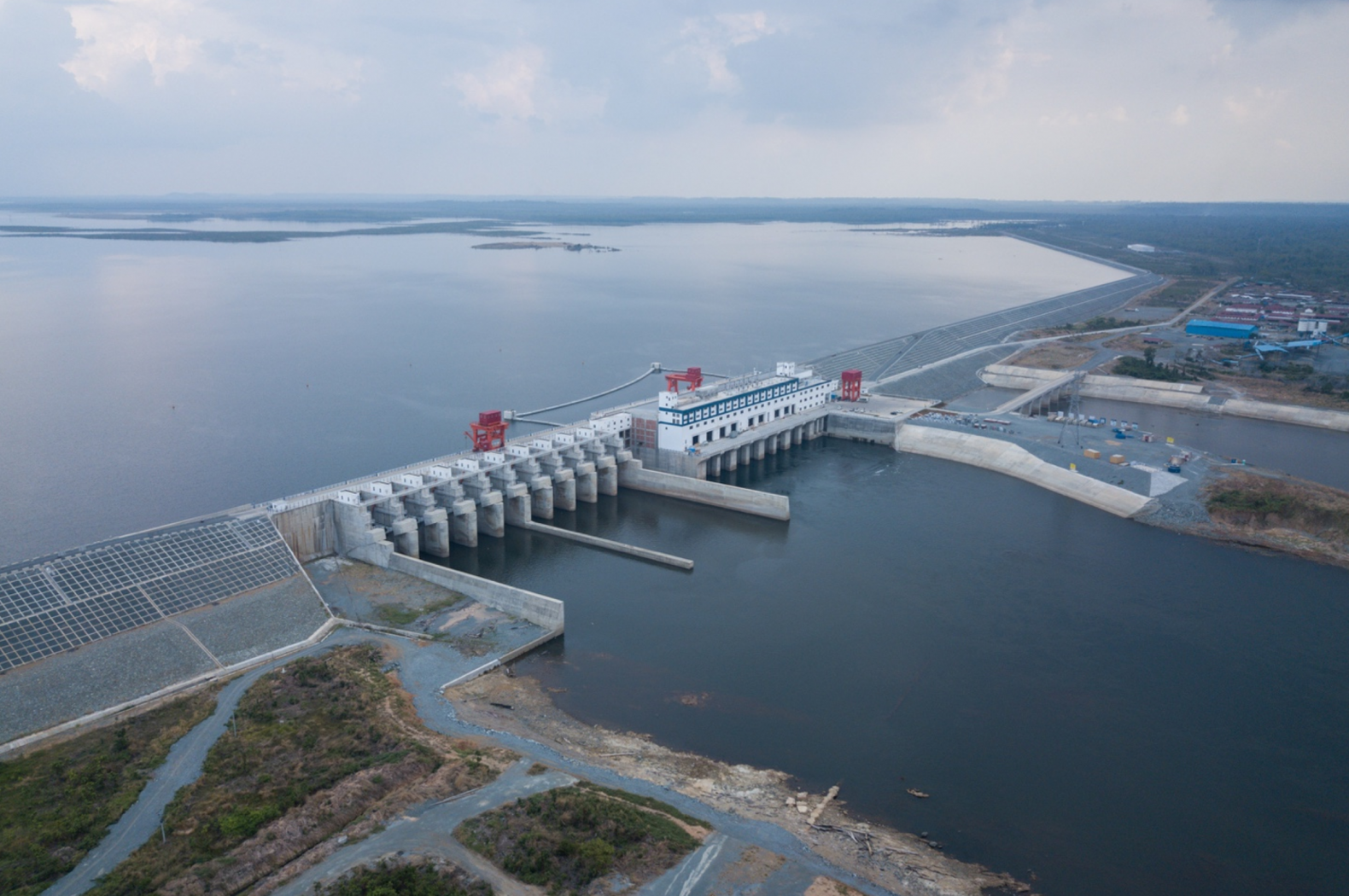Two Riverlab researchers (Rafael Schmitt and Matt Kondolf) and two Italian colleagues (Simone Bizzi and Andrea Castelletti) have been awarded the 2021 Aspen Institute Italia Award for their joint research on “Improved trade-offs of hydropower and sand connectivity by strategic dam planning in the Mekong” [1]. The scientists are working on this ongoing effort to reduce impacts of the global clean energy transition on rivers and livelihoods.
Building future green economy poses great economic and technical challenge for societies, in part because of the often-overlooked externalities of technology and infrastructure on people and the environment. In their research, the scientists used the example of hydropower development to demonstrate need and opportunity to resolve such conflicts through strategic spatial planning. Hydropower is a well-proven and cost-effective way to generate renewable energy. At the same time, dams can have catastrophic impacts on people’s livelihoods and the fundamental processes that underpin healthy rivers. Thus, there is great concern about the environmental impacts of future dams, mostly planned to energize socio-economic development in the global south.

The winning research demonstrated that strategic placement of dams, considering for the spatial heterogeneity of natural processes in rivers and the cumulative impacts of multiple dams, can greatly reduce dam impacts without compromising on energy generation and energy costs. That finding was derived by combining a novel computer model for evaluating large scale impacts of dams on rivers with state-of-the art tools for decision analysis. The study was based on the example of the Mekong River in South East Asia, where a massive hydropower development occurred in the recent past, and more development is foreseen in the near future. Results show that existing dams, exploiting around 50 % of the basin’s hydropower potential, have major impacts on the biophysical functioning of the studied rivers. The key finding of the study is that the same amount of hydropower could have been generated with much smaller impacts if dam sites would have been selected strategically such as to reduce their cumulative impacts.
While the results were derived for the Mekong River, the findings
have broad implications for renewable water and energy systems world-wide.
Globally, increasing conflicts between infrastructure and natural systems are
inevitable: Other forms of renewable energy create environmental impacts, more
water infrastructure will be required to meet domestic and agricultural water
demands, and industrialized countries must soon review their aging
infrastructure portfolios. In this context, strategic decision making, which
balances economic and ecosystem needs is crucial for an ecologic transition to
water and energy systems with minimal impacts on nature and maximal benefits
for society.
[1] The reasearch has been published by Nature Sustainability | VOL 1 | FEBRUARY 2018 | 96–104 |